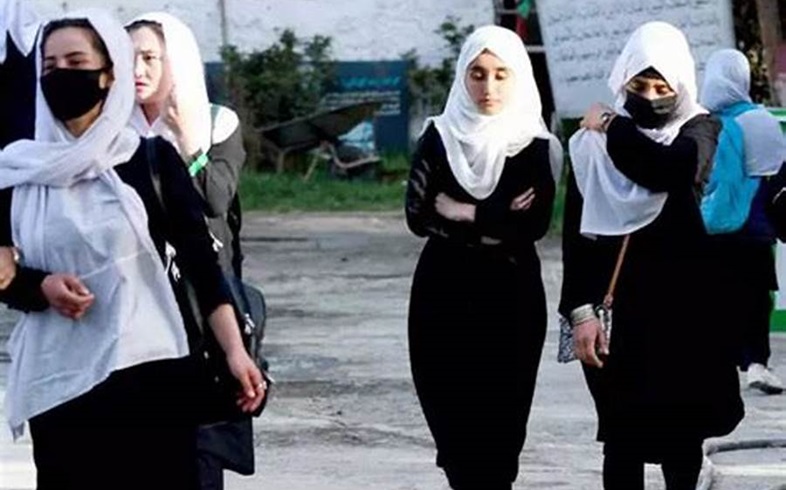The United Nations High Commissioner for Refugees (UNHCR) states that significant gaps in educational infrastructure and restrictive policies against girls are contributing to increased gender inequality in Afghanistan’s educational system.
This UN-affiliated body, in a statement issued today, highlighted major challenges in Afghanistan’s education sector, citing the existence of foundational issues, restrictive policies against women, and a shortage of teachers as the most critical concerns in this domain.
The statement emphasized that through the launch of the “Education Strategy for Afghanistan 2024-2027,” the UN aims to collaborate with its partners to address infrastructure gaps by constructing schools, training teachers, and developing online education systems. It seeks to ensure safe and equitable access to inclusive education and work toward removing educational restrictions imposed on women.
The statement also noted that the UN’s 2024 Humanitarian Needs and Response Plan estimates that approximately eight million people will require educational assistance this year.
The closure of higher education institutions for girls has not only sparked waves of concern and dissatisfaction within society but has also drawn international criticism.











Read More
Afghanistan National Futsal Team Starts Strong with a Decisive Victory over Tajikistan
Afghanistan National Futsal Team Faces a Tough Challenge in the “Group of Death” at the Islamic Solidarity Games
The Lions of Khorasan Crowned Champions After a Historic Humiliation of Iran